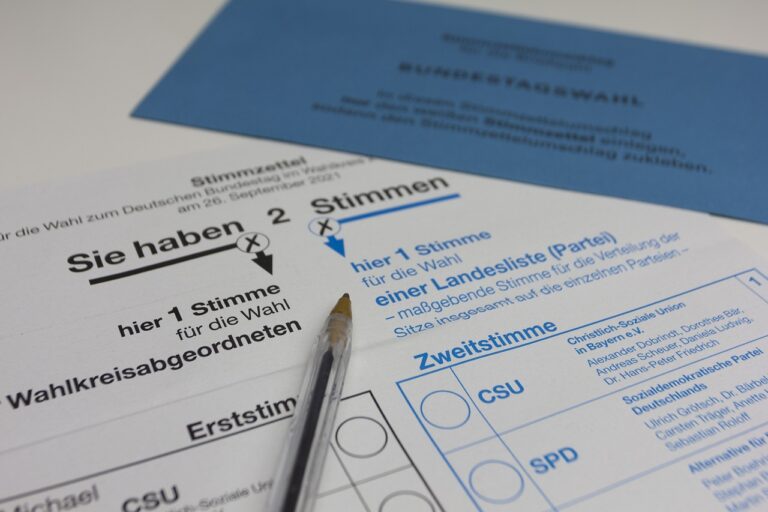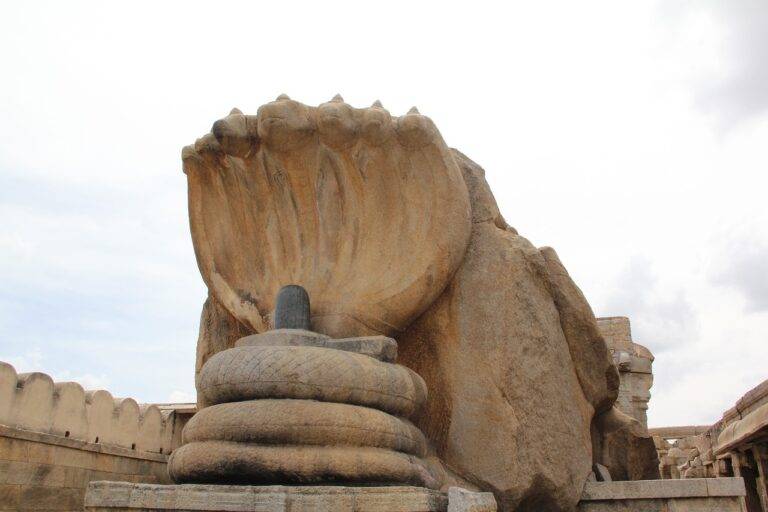The Role of Election Auditing in Promoting Fair and Transparent Elections
cricbet99.win register, sky 99 exch, reddy book club:Elections are a cornerstone of democracy, providing citizens with the opportunity to exercise their right to vote and have a say in the governance of their country. However, for elections to be truly fair and transparent, they must be free from any form of manipulation or fraud. This is where election auditing plays a crucial role in ensuring the integrity of the electoral process.
What is Election Auditing?
Election auditing is the process of independently verifying and confirming the accuracy and fairness of election results. This involves examining the electoral process from start to finish, including voter registration, ballot handling, counting procedures, and result reporting. The goal of election auditing is to detect and deter any potential irregularities or discrepancies that may compromise the integrity of the election.
The Role of Election Auditing in Promoting Fair and Transparent Elections
1. Detecting Fraud and Irregularities
One of the primary roles of election auditing is to detect any instances of fraud or irregularities that may have occurred during the electoral process. By thoroughly examining all aspects of the election, auditors can identify any discrepancies in voter registration, ballot handling, or counting procedures that may indicate foul play.
2. Ensuring Accuracy of Results
Election auditing also helps to ensure the accuracy of election results. By independently verifying the counting procedures and result reporting, auditors can confirm that the final tally of votes is correct and that the outcome of the election reflects the will of the voters.
3. Building Trust in the Electoral Process
Transparency and accountability are essential components of a healthy democracy. Election auditing helps to promote trust in the electoral process by providing an independent and objective assessment of the integrity of the election. When voters have confidence that their voices are being heard and that the electoral process is fair and transparent, they are more likely to actively participate in future elections.
4. Deterrence of Electoral Fraud
The threat of audits can serve as a powerful deterrent against electoral fraud. Knowing that the electoral process will be scrutinized by independent auditors can dissuade individuals or groups from attempting to manipulate the outcome of the election. This, in turn, helps to safeguard the legitimacy of the electoral process and uphold the principles of democracy.
5. Identifying Areas for Improvement
Election auditing can also help to identify areas for improvement in the electoral process. By highlighting any weaknesses or vulnerabilities in the system, auditors can make recommendations for changes that can enhance the integrity and efficiency of future elections. This continuous process of evaluation and improvement is essential for maintaining the integrity of the electoral process over time.
6. Holding Election Officials Accountable
Lastly, election auditing helps to hold election officials accountable for their actions. By providing an independent assessment of the electoral process, auditors can identify any instances of misconduct or negligence on the part of election officials and recommend appropriate measures to address these issues. This accountability is essential for ensuring that those responsible for overseeing the electoral process are held to high standards of integrity and professionalism.
In conclusion, election auditing plays a vital role in promoting fair and transparent elections. By detecting fraud and irregularities, ensuring the accuracy of results, building trust in the electoral process, deterring electoral fraud, identifying areas for improvement, and holding election officials accountable, auditing helps to safeguard the integrity of the electoral process and uphold the principles of democracy.
FAQs
Q: What is the difference between election monitoring and election auditing?
A: Election monitoring involves observing the electoral process to assess its fairness and transparency, while election auditing involves a more detailed examination of the electoral process to verify the accuracy of results and detect any instances of fraud or irregularities.
Q: Who conducts election audits?
A: Election audits are typically conducted by independent third-party organizations or government agencies with expertise in electoral processes and procedures.
Q: How often are election audits conducted?
A: The frequency of election audits varies depending on the country and the specific electoral process. In some cases, audits may be conducted after every election, while in others, they may be conducted on a random or periodic basis.
Q: What happens if irregularities are found during an election audit?
A: If irregularities are found during an election audit, appropriate measures may be taken to address these issues, such as recounting votes, invalidating fraudulent ballots, or conducting a new election in extreme cases.
Q: Is election auditing mandatory in all countries?
A: The requirement for election auditing may vary from country to country. Some countries have laws or regulations mandating election audits, while others may conduct audits on a voluntary basis or as needed in response to specific concerns or allegations of fraud.







